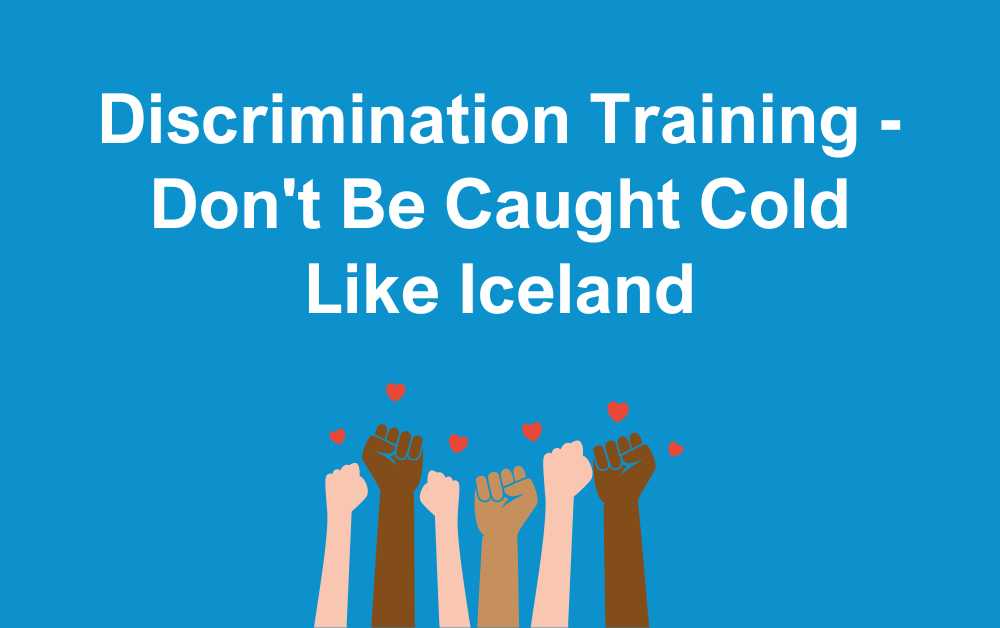Iceland, the frozen food specialist which has stores across the UK, recently lost a tribunal claim where they had to pay £7000 to a former employee who successfully won her claim she was constructively dismissed.
Ms Crisp who was employed by Iceland for approximately 2 years was absent due to panic attacks, something the company were aware of when they employed her. A series of blunders by Iceland took place during a period of extended absence by Ms Crisp and she was then dismissed, however, she was not aware of this until she found out her pay had stopped. She appealed the decision and requested that her mother or partner accompany her to the appeal hearing, but the company decided to follow their policy and only allow a trade union representative or colleague to be the companion at the meeting.
The company’s Area Manager then accidently left a voicemail on Ms Crisp’s phone and during the message both the Area Manager and HR representative could be heard mocking her condition, laughing throughout.
Despite being reinstated and being offered the chance to move to another store, Ms Crisp resigned and the tribunal found she had been constructively dismissed because her treatment had breached the implied terms of trust and confidence. The voicemail was classed as disability harassment and direct disability discrimination and the tribunal further found that there had been a failure to make reasonable adjustments on the grounds of her disability in relation to the appeal hearing.
As well as the £7000 payout, Iceland must follow recommendations made by the tribunal. By 23 May 2013, the company must train all HR staff who support managers in disciplinary and grievance matters as well as ensure all senior managers receive the same training.
Luckily, clients of The HR Booth who opt to take advantage of onsite support already receive such training and this is recorded and documented. It is recommended that other employers ensure their staff are trained in all aspects of discrimination to ensure they do not fall foul of this type of conduct, but also to avoid the negative publicity such a case would bring.







